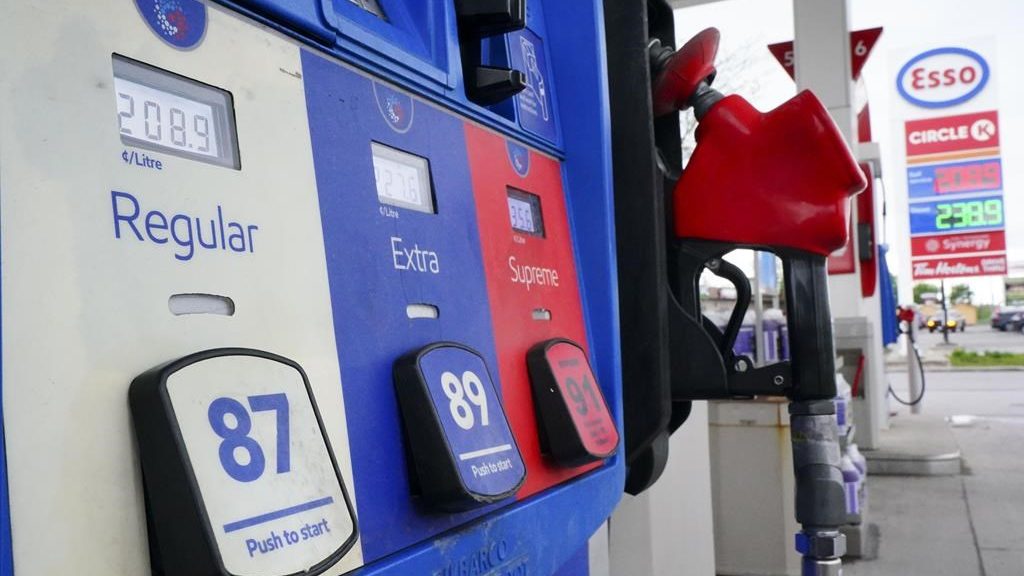The price of gasoline in Nova Scotia remains steady, while there is a notable increase in the cost of diesel fuel. This information comes from the Nova Scotia Energy Board's latest weekly adjustment, which sets the minimum price for self-serve regular gasoline at 140.7 cents per liter.
In contrast, diesel prices have experienced a significant rise, increasing by 4.3 cents to reach 155.5 cents per liter. This adjustment highlights the ongoing fluctuations in fuel prices that are influenced by various market factors.
To provide some context, last year at this time, the prices for gasoline and diesel were slightly lower. Consumers were paying 150.2 cents per liter for gasoline and 159.7 cents per liter for diesel. This year’s prices indicate a volatile market, with diesel having a more pronounced increase compared to gasoline.
The current price setting illustrates the dynamics of fuel pricing in Nova Scotia, where seasonal changes, international crude oil prices, and regional demand can all play a role in influencing costs at the pump. As fuel remains a critical aspect of daily life for residents, these price adjustments are closely monitored by consumers and businesses alike.
Residents of Nova Scotia may feel the impact of these changes particularly during the winter months when fuel consumption typically increases for heating purposes and longer travel times. The stability of gasoline prices may provide some relief for consumers who rely heavily on personal vehicles for transportation.
The Nova Scotia Energy Board’s role in overseeing these price adjustments is vital, as it ensures that pricing remains fair and reflective of market conditions, while also safeguarding the interests of consumers. As fuel prices continue to fluctuate, keeping an eye on these trends will be important for residents budgeting for their monthly expenses.
Ultimately, understanding these changes can help consumers make informed decisions about their vehicle fuel usage and could prompt discussions about alternative energy sources and transportation methods amidst rising fuel costs.










